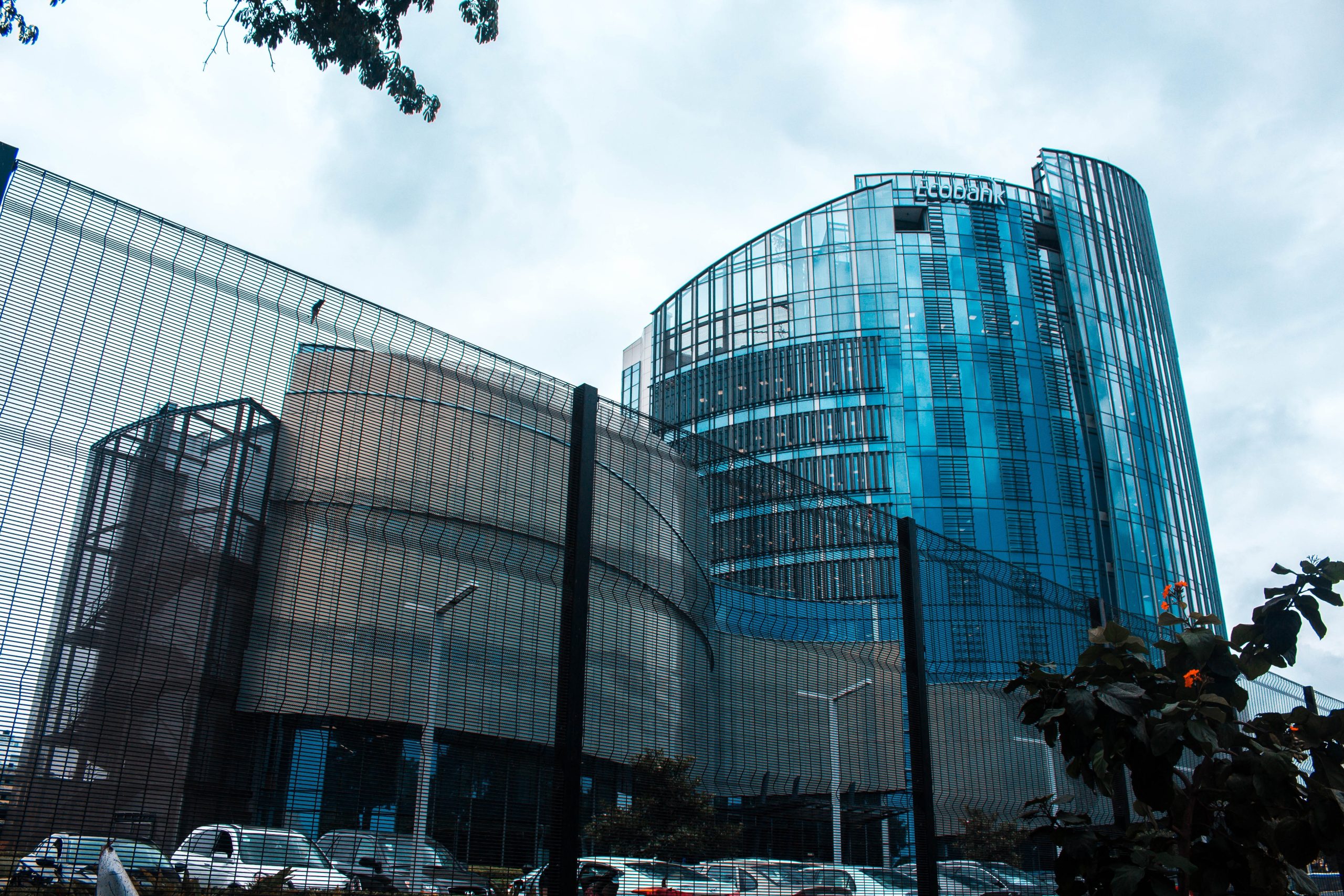US (Transatlantic Today) – Riad Salameh, central bank governor of Lebanon Bank, has been charged by presiding judge Ghada Aoun in relation to accusations of money laundering and illegal financial activities. His brother, Raja Salameh, was also charged with the same, both having served the Bank for a number of years prior to the investigation.
Currently, the investigative process is still concluding. Aoun has formally requested that the assets in both the brothers’ accounts be frozen until further notice. This news only adds to the volatility of the Lebanese financial landscape, as it has been under intense duress since its initial crash in 2019.
The banking sector has been on a multi-day strike due to judiciary abuse with Lebanon’s lenders, as they’ve conducted a series of shutdowns and asset restrictions from six of the largest lenders in the country, many of which were led by Judge Aoun.
Part of the confusion which led to the investigation came from a founded accusation by Aoun, stating that the brothers had opened overseas accounts with a Ukrainian citizen named Anna Kosakova. The exact use for the assets was not named beyond luxury property expenditures, but the complaint was filed as this was considered to be a suspicious international account. The account was opened in the French banking system, where it was later used to purchase 12 million dollars of properties.
Riad Salameh has a long history in the Lebanese financial system. He has served the Lebanon Bank for over thirty years, celebrating his thirtieth year recently. He has vehemently opposed any accusations of misconduct in any of his foreign accounts. An additional spotlight was placed on him, as well as other regional bankers, due to probes fueled by informal capital control measures throughout the region.
Aoun has made a living investigating high-profile elites, bankers, and other industry specialists to ensure that all transactions remain above-board and legal, as fraud has been rampant throughout the region since the financial disruptions began from 2019 to the present day.
Currently, the investigation has run into roadblocks as Salameh has refused to show up for scheduled mandated questioning by Aoun. He has repeatedly denied the accusations and is currently being followed up with for additional questioning opportunities. His brother, Raja, remains in custody and is expected to undergo questioning and further investigation at a later date to examine the extent of his involvement in the accusations.
Aoun’s charges are not unfounded. In fact, they were precipitated by regional volatility, most of which has been directed at the Salameh brothers by a group of lawyers who are currently accusing the Lebanese government of widespread corruption.
Unfortunately, both Riad and Raja Salameh have been subjected to increasing amounts of investigation and suspicion since they assumed their roles in the banking system respectively, with Riad beginning in as early as 1993. Despite Riad’s contributions through extensive periods of post-war tragedy and national instability, investigators such as Aoun have been increasingly involved in his transactions and operations to ensure transparency, legality, and accuracy. The same is true of Raja Salameh, both of which have been subject to additional investigations after the 2019 collapse.


























